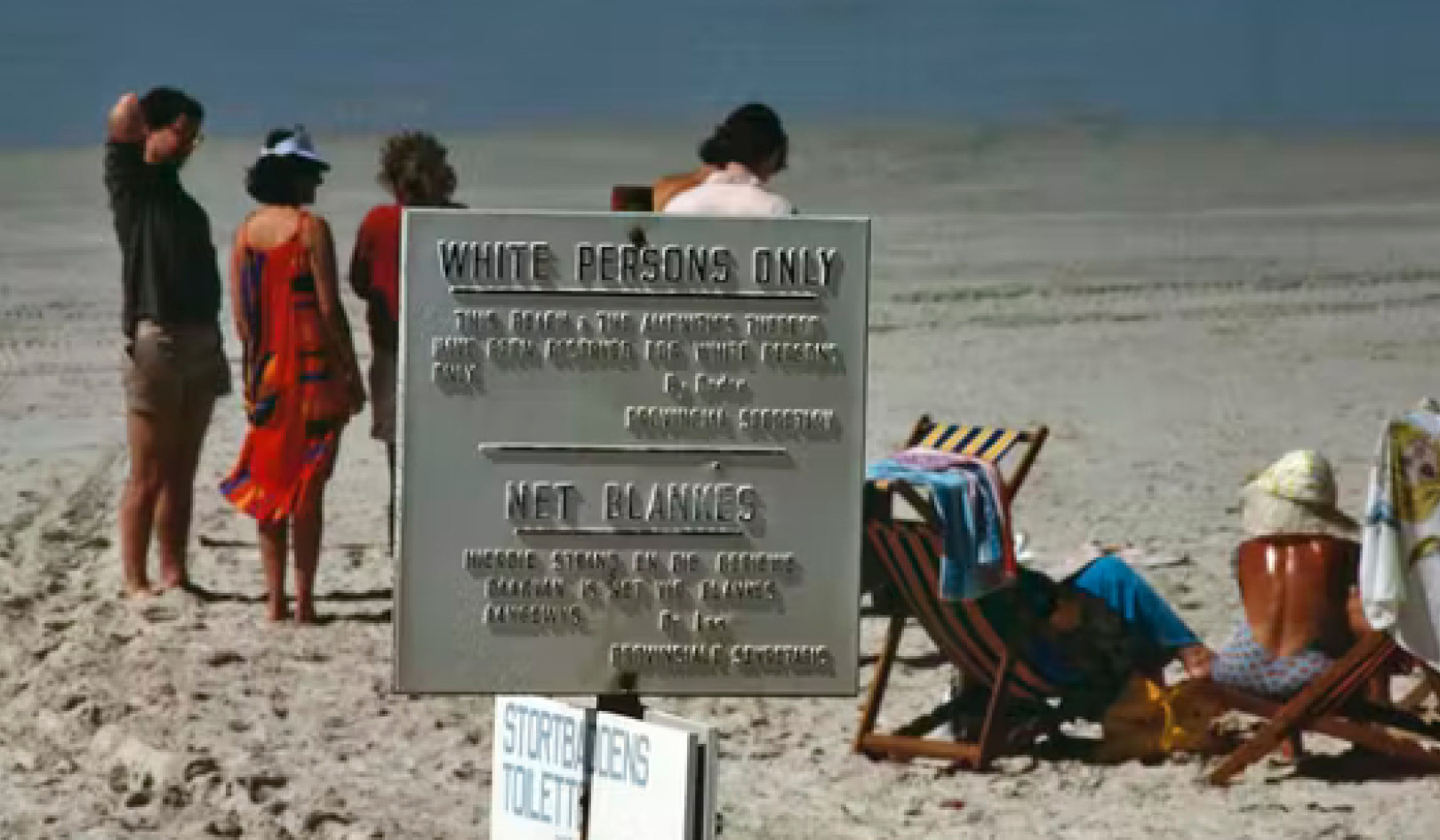
Many on the right and on the left are arguing that the signing of the National Defense Authorization Act, which provides funding for 2012, contains provisions that put the civil liberties of Americans at the discretion of a Presidency. The majority of Americans in the middle just seem to be disengaged from the debate or from the potential slippery slope the legislation offers.
President Obama had previously said he would veto the legislation, but instead issued a signing statement saying he does not agree, in essence, with what he is signing.
The use of signing statements to avoid enforcing a law, a procedure greatly expanded by the Bush Administration, seems illegal to many and calls into question what subsequent administrations might do with the legislative power that a previous President declined to enforce. A President has the responsibility to veto any legislation that he deems to be not in the best interest of the public.
While being a complicated piece of legislation, the original draft seemed to say that the President had no discretion in sending suspects to civilian courts. Apparently the negotiated "now-acceptable" language (for the Obama Administration) will give Presidents the discretion rather than the obligation to send suspects to a civilian court. This obligation would seem, to most, to be a basic right under the US Constitution.
Complicated and unclear legislation begs future interpretations of that legislation and can often lead to abuse of power.
Obama signs defense bill, pledges to maintain legal rights of U.S. citizens
Washington Post
President Obama expressed misgivings about several provisions of a sweeping defense bill he signed into law on Saturday, pledging that his administration will use broad discretion in interpreting the measure’s legal requirements to ensure that U.S. citizens suspected of terrorism are not detained indefinitely by the military.
The bill also contains several detainee provisions that civil liberties groups and human rights advocates have strongly opposed, arguing that they would allow the military greater authority to detain and interrogate U.S. citizens and non-citizens and deny them legal rights protected by the Constitution.
Obama Signs Defense Bill Despite 'Reservations'
Fox News
In a statement accompanying his signature, the president chastised some lawmakers for what he contended was their attempts to use the bill to restrict the ability of counterterrorism officials to protect the country.
Administration officials said Obama was only signing the measure because Congress made minimally acceptable changes that no longer challenged the president's terrorism-fighting ability.
Obama signs defense bill -- with objections
Rachel Maddow's Take On This Controversial Bill
Visit msnbc.com for breaking news, world news, and news about the economy

























